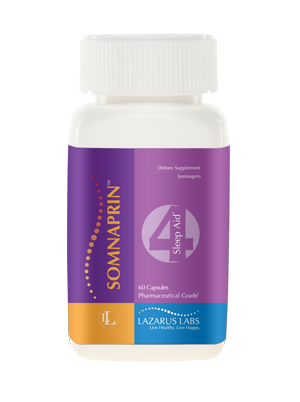You Are What You Eat

Eat Healthy to Stay Alert
According to Science Daily, a recent study suggests that food with a high fat content and a large concentration of carbohydrates can lead to sleepiness and a lack of alertness during the daytime. The studies performed did not include factors such as gender, age, or overall lifestyle but simply stuck to the immediate results of fattening foods and personal energy. This study is to be presented at the 27th meeting of the Associated Professional Sleep Societies LLC.
"Increased fat consumption has an acute adverse effect on alertness of otherwise healthy, non-obese adults," said principal investigator Alexandros Vgontzas, MD, professor of psychiatry at the Penn State College of Medicine in Hershey, Pa.
The study group comprised 31 healthy, non-obese normal sleepers without sleep apnea, ranging in age from 18-65 years, who spent four consecutive nights in a sleep lab. On the fourth day objective sleepiness was assessed with the Multiple Sleep Latency Test (MSLT), and meals were provided five times to assess diet.
According to the authors, previous studies had found that diet composition affects subjective sleepiness. The current study adds to this body of research by showing a similar association between diet and objective sleepiness.
"Excessive daytime sleepiness and fatigue are very prevalent in the modern world and on the rise," said Vgontzas. "It appears that a diet high in fat decreases alertness acutely, and this may have an impact on an individual's ability to function and also public safety."
Turn it around
While it may be difficult to resist the temptations of fattening foods during the stresses of work, family, and daytime life, it is crucial that we all remember that these decisions continue to affect us for the rest of the day. You might get a small amount of satisfaction from having fattening food in the middle of the busy day, but at what cost? It doesn’t seem worthwhile when you consider just how exhausted and lethargic the rest of your day might be.




